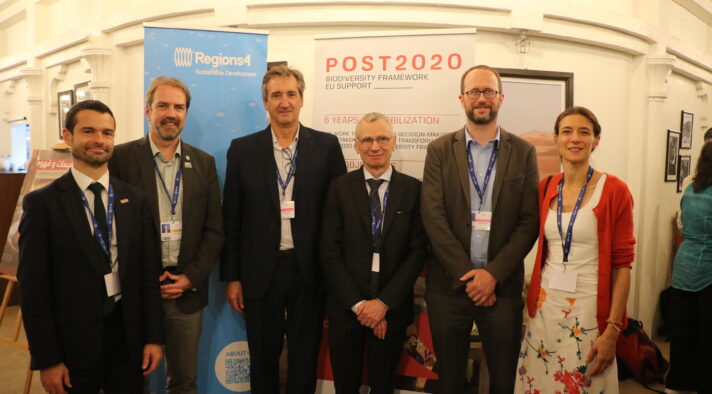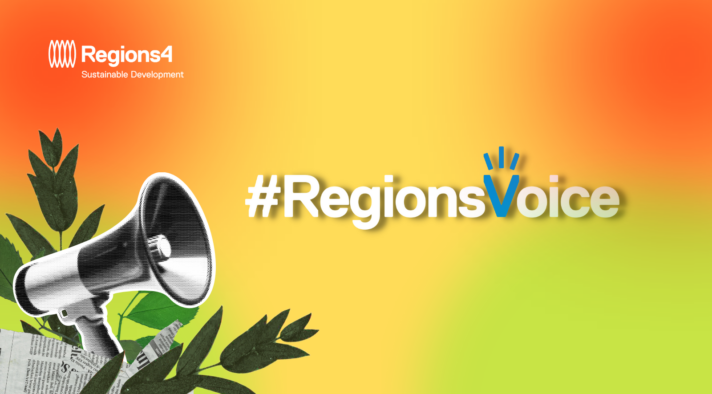Global warming is undoubtedly one of the main concerns of the 21st century and humanity is currently at a turning point regarding the climate emergency. The international community calls for accelerated climate action, ambitious public policies and increased resources to match the urgency of the current challenges.
Less than a year before the next COP26, Regions4 members continue to develop sustainable territorial policies that will contribute to climate change resilience, with a strong focus on adaptation.
The Government of Quebec has launched the 2030 Plan for a Green Economy that brings together policies and measures for a resilient Québec. The new plan’s goal is two-fold: on the one hand, it seeks to increase Quebec’s capability to adapt to the consequences of climate change, and on the other hand, it aims to contribute to developing a sustainble economy that will ensure the prosperity of the region.
In order to support those ambitious goals over the next five years, the Government of Quebec will allocate a budget of 6.7 billion dollars to climate action, from which over 389 millions will be exclusively dedicated to climate adaptation: 111.3 million dollars will be used to create greener urban areas in order to reduce the heat island effect; 120.5 million dollars will be addressed to prevent flood danger; and a total amount of 75.6 million dollars will be destined to reduce the risk of coastal erosion and landslides.
Likewise, Quebec wants to densify living environments and avoid urban sprawl while developing a network of sustainable infrastructure and green economy. Adapting the territory in different areas will eventually help protect the natural environment while harbouring citizens from the adversities produced by climate change.
Among other actions, Quebec will concede almost 20 million dollars to support indigenous communities’ leadership in climate transition, and aims to boost afforestation and reforestation providing another 88.3 million dollars.
The implementation plan will focus on prevention, taking future climate into account, and planning, specially regarding land use, as key elements to strengthen the resilience of communities. Through a multi-level governance and multi-stakeholder approach, the government will work with a wide variety of actors, seeking to strengthen strategic partnerships, as well as driving international mobilisation and cooperation.
This plan is a new milestone in Quebec’s trajectory as a global leader in climate action, as the region won the UN Climate Action Award in 2019 thanks to their International Climate Cooperation Programme, and is an active member of the RegionsAdapt community, contributing to catalysing climate action at territorial level with a global impact.
Further information
For additional information about the 2030 Plan for a Green Economy, please click here
To find out about other leading experiences featured in the latest RegionsAdapt Brief Report 2020, please visit our Publications section.
To learn more about RegionsAdapt and join us, please click here.



